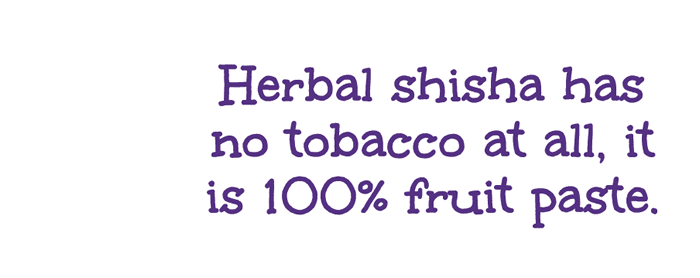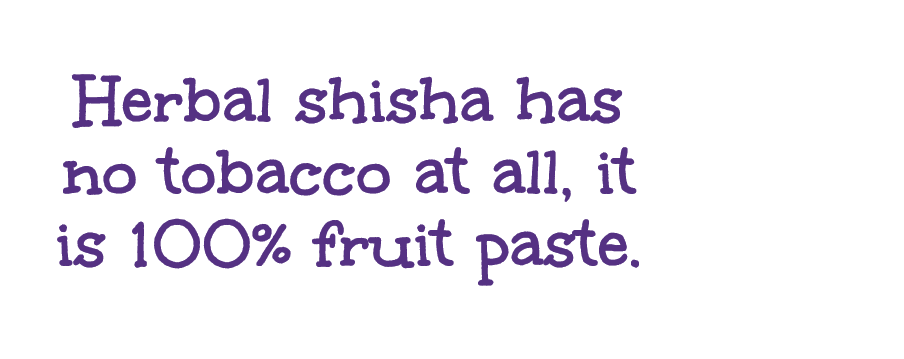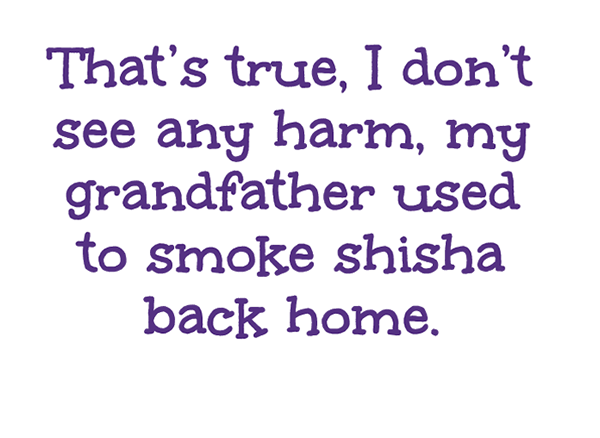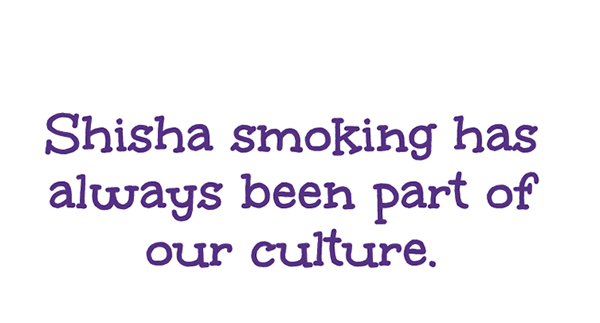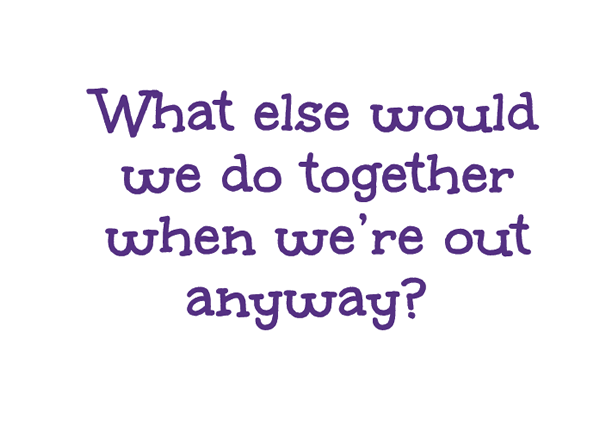Story #2
How might you do this while also keeping in mind that as a bilingual community worker, you play a role in promoting health and wellbeing?
The group has raised a number of issues. Where might you start to discuss these?
This option allows you to keep focused on the group discussion and acknowledges that an important conversation about shisha has been brought up.
This approach provides you with an opportunity to clear up some misunderstandings about shisha smoking with the individuals involved. However, you miss a great opportunity to share some important facts and bust some common myths about shisha smoking with a whole group of young people.
This option allows you to carry on with the table discussion but also makes it clear to the young people that continuing the conversation about shisha smoking as a group is really important.
By choosing to do this, you can jump on board the opportunity presented and share some important information about the harms of shisha smoking and address some of the shisha myths that were brought up. You can also use this opportunity to brainstorm some ideas as a group for alternative activities to shisha smoking.
Choosing this approach could save you from any lengthy discussions that may occur due to cultural sensitivities. However, you may not get another opportunity to provide information about some of the misconceptions about shisha that have been raised.
By choosing this option, you can clear up the myths about shisha smoking that were raised straight away. However, you miss an opportunity to talk about culture and point out that culture can be celebrated in many special ways that don’t involve shisha.
By choosing this option, you can show that you understand their concern and are able to talk about alternative ways for young people to celebrate culture.
However, it is a missed opportunity to discuss the harms and misconceptions of shisha smoking.
This option acknowledges both the cultural and health issues raised by the young people in the group. By choosing to address both, you maximise the opportunity to share a lot of important information with the group.
this?
like
this?
this?
At the time:
“Let’s keep focused on the other discussion we are having but I’d love for us all to talk more about shisha at the end of the forum. You’ve brought up some interesting points about shisha and it would be great if I could give you all some more information about that when we have a bit more time.”
After the forum:
“You had a few questions earlier about shisha smoking and I wanted to let you know that shisha smoke contains toxins and is harmful even when it is labelled ‘herbal’ or ‘organic’. I know that shisha is something that young people really enjoy with their friends but sometimes it’s helpful to think about other ways to be together. What are some things you like to do with friends that don’t involve shisha smoking?”



 You can access this HELP information from every page of the module using the link in the top-right corner of the screen, underneath the social media links (shown here to the right). Clicking on that icon will open this window.
You can access this HELP information from every page of the module using the link in the top-right corner of the screen, underneath the social media links (shown here to the right). Clicking on that icon will open this window.

